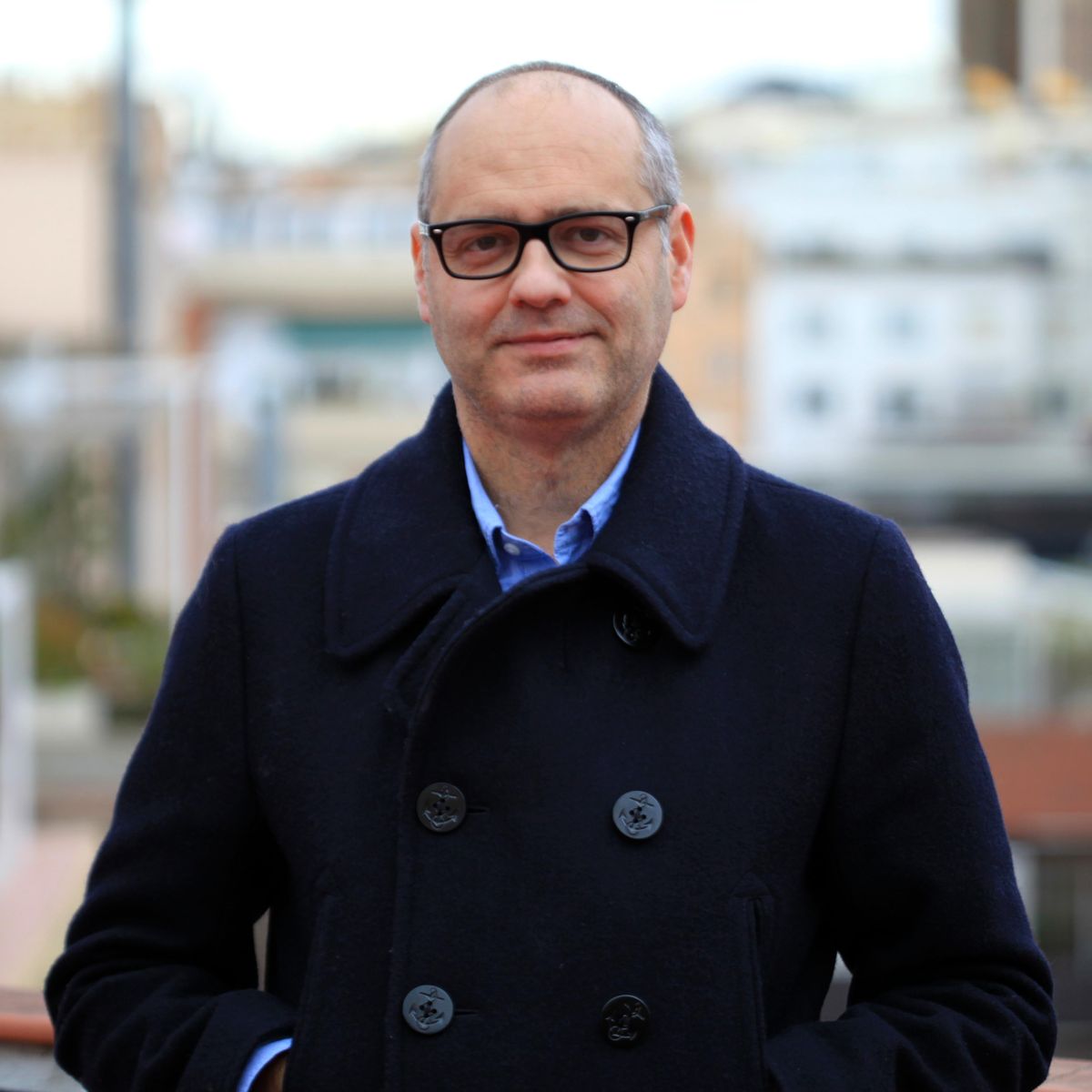Q&A with Jeff Koehler, author of ‘Where the Wild Coffee Grows’

Gonzaga University grad and travel and food writer Jeff Koehler explores the origins of coffee in his latest book, “Where the Wild Coffee Grows: The Untold Story of Coffee from the Cloud Forests of Ethiopia to Your Cup.”
Released mid-November, the book discusses the growth of and threats to one of the most valued commodities in the world.
Koehler’s research took him all over the globe – from the Kafa region of southwestern Ethiopia, where people still forage for wild coffee berries, to Latin America, where 85 percent of the world’s Arabica grows – and where climate change and disease are impacting its production.
Koehler grew up north of Seattle and went to college in Spokane, majoring in English at GU. Today, he lives in Barcelona.
His other four books are: “La Paella,” “Rice Pasta Couscous: The Heart of the Mediterranean Kitchen,” “Morocco: A Culinary Journey with Recipes” and “Darjeeling: The Colorful History and Precarious Fate of the World’s Greatest Tea.” His work has also appeared in Saveur and Food & Wine as well as other publications.
Koehler answered a few questions from The Spokesman-Review.
What made you decide to explore coffee, and how much did you know about the industry going into it? When I was working on my last book, “Darjeeling,” I thought a lot about origins, about crops in their original home versus adopted ones. One that particularly captured my attention was coffee – Arabica coffee – which grows wild in the montain rain forests of southwestern Ethiopia. I knew little about it and was immediately fascinated.
How many trips to and how much time did you spend in Kafa researching this book? I worked on the book for about two years. I had three trips to Kafa. I also spent time in eastern Ethiopia, which has an ancient traditional of cultivating coffee.
Where else did your research take you? Seemingly all over! I had four visits to (London’s) Kew Gardens with their coffee specialist, a couple to Montpellier where some of world’s greatest coffee geneticists are working, and to Amsterdam to follow coffee’s arrival in Europe. I went to Latin America to see some coffee farms suffering from a fungus called coffee leaf rust and to talk to coffee farmers. And to Vancouver, Seattle, Portland and Oakland to look at the specialty coffee industry. Plus, phone, Skype and email interviews with people working in coffee across the globe, from Yemen to Panama. And many, many hours in libraries in various countries.
And what were some of the biggest challenges in your research? There’s a lot of historical data and information in it. How difficult was it to find those numbers and anecdotes? It took persistent digging. Certainly the biggest challenge was about Kafa itself. There is little written about area or its people where coffee grows wild – about the original coffee culture. Much that I learned came from oral stories that I heard while in the region.
What surprised you most about what you learned through your research? I had little sense of the crisis that Arabica coffee is currently undergoing. Or how that original coffee forest in Kafa might be relevant to coffee’s future.
What do you hope readers take away from this work? A deeper understanding of coffee’s origins, spread and future – and the relation of these three things. The story is more complex – and more interesting – than I ever imagined.
What are your favorite coffee beans and where do they come from? What kinds of coffee do you like best? I love “natural” Arabicas, that is when the picked coffee fruits are spread out and dried in the sun before being milled and cleaned. I love the wild berry flavors and tropical aromas that this brings out. My clear preference are beans from Ethiopia.
What are some of your favorite coffee roasters and coffee shops around the world? I love my local roaster in Barcelona, Cafés el Magnífico. In the U.S., Equator and Counter Culture are two of my favorites. Spokane has some great local roasters, too. I was really impressed with Indaba Coffee Roasters on my last visit. Their Guji Natural from Ethiopia is fantastic.
What else is important for readers to know? Coffee is currently undergoing its biggest crisis ever. Not in the cup (coffee has never tasted so good) or in the account books (demand is booming) but in the fields themselves. Climate change is only aggravating the problems of a crop that is the livelihood of some 125 million people across the globe.
On the web: http://www.jeff-koehler.com/.